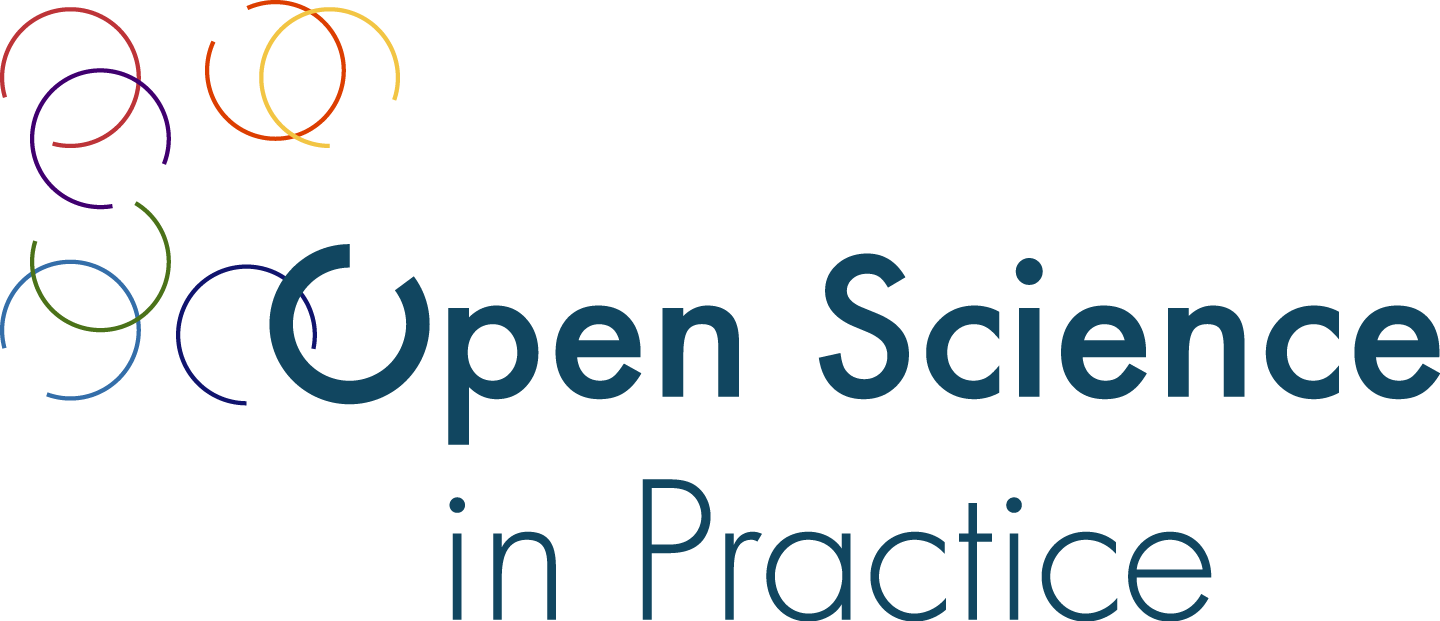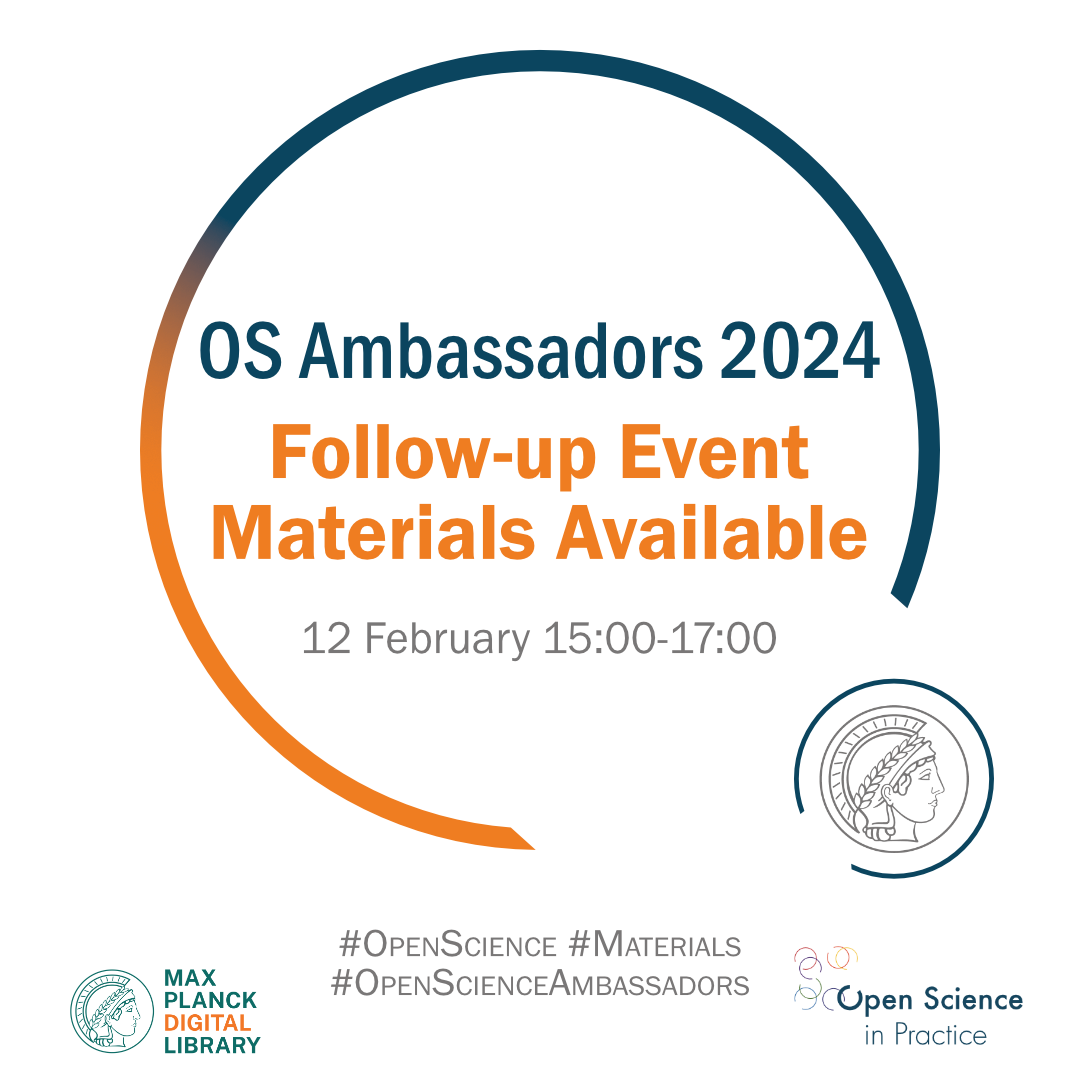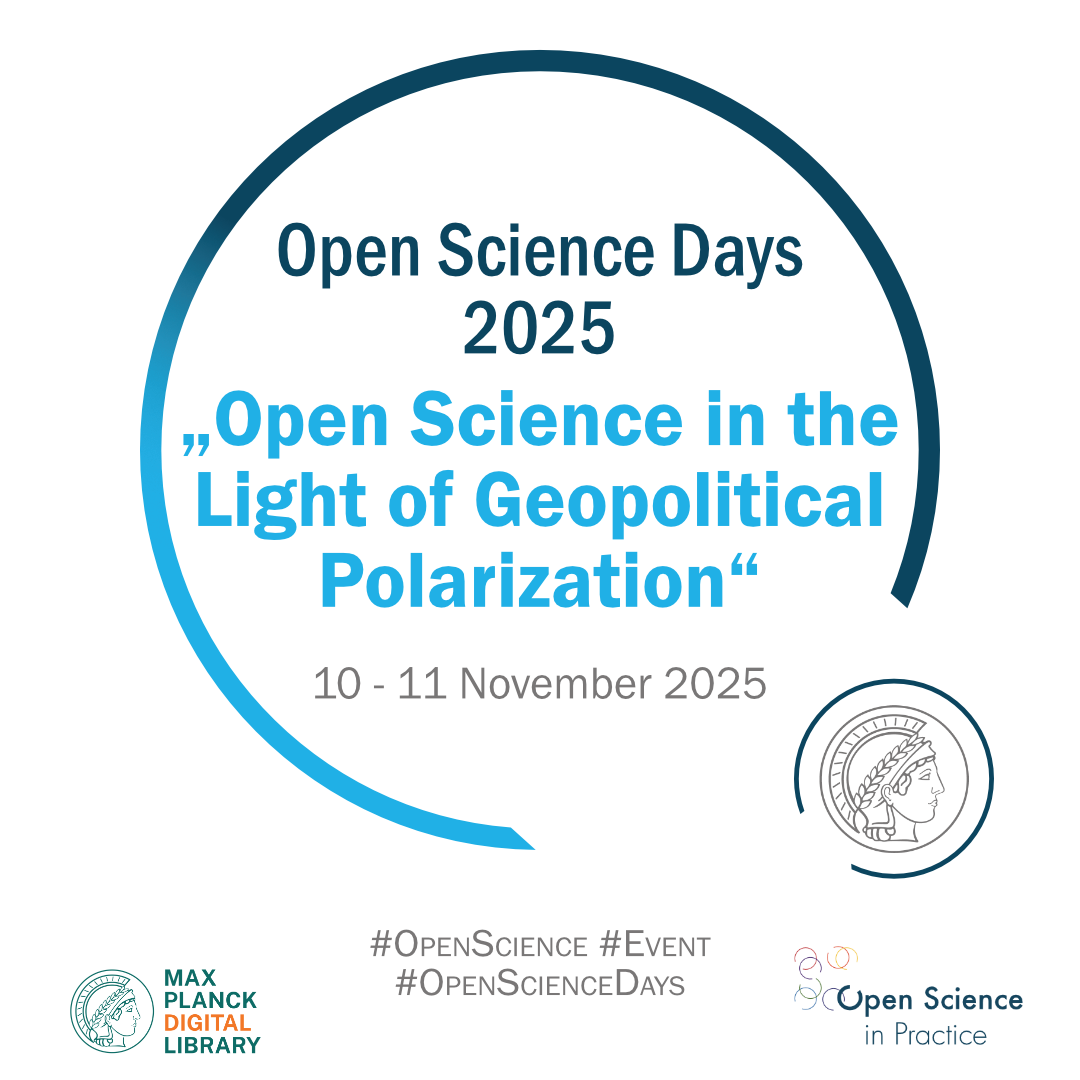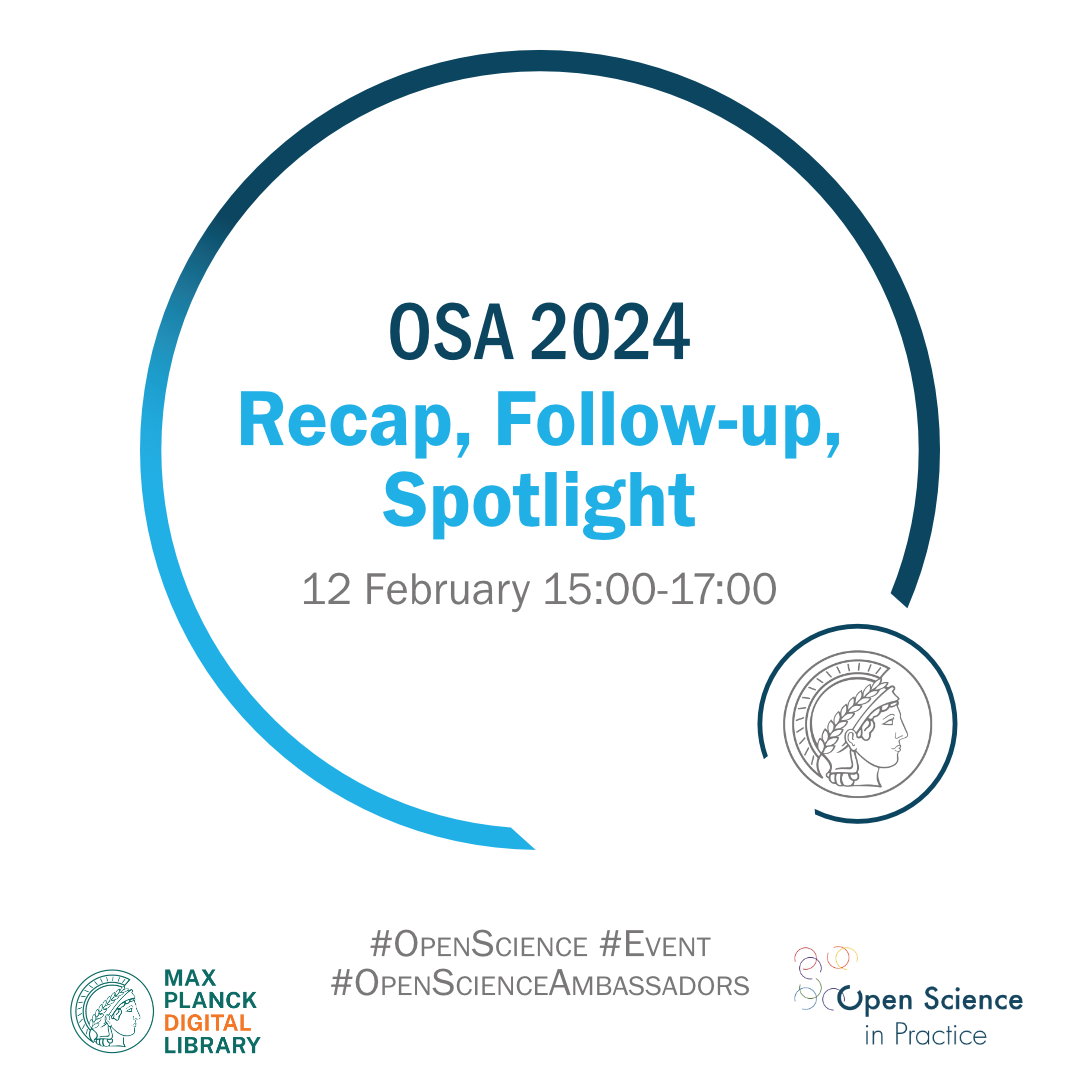Workshops
Workshops are for selected applicants only (see Application).
Hybrid get to know
Monday 9 September, 13:30-14:15
In person and online participants will get to know each other in two rounds of speed-networking discussions in small groups, each with a 360 degrees camera-microphone.
Preregistration: why not, how
Monday 9 September, 15:30-18:00
In this workshop, we will review what detailed information preregistrations and registered reports should contain, and collectively discuss the benefits and disadvantages of embracing such practices, as well as possible fear and concerns, in a structured academic debate. Finally, we will look into how to preregister in practice on the Open Science Framework, and practice the level of precision needed in each section of a preregistration template by peer-reviewing snippets.
Instructor: Malika Ihle
Parallel sessions: Introduction to R / Python
Tuesday 10 September, 13:30-17:00
Applicants can choose between these two parallel sessions. (Knowing some R basics is advisable for some other workshops.)
You can choose to explore R, with its strong statistical analysis and data visualization capabilities, or Python, known for its versatility and extensive support for data science, machine learning, and more. This workshop is designed to set the foundation for your research programming skills.
The workshops will cover the basics of programming in your chosen language, including syntax, data structures, and key programming concepts. Through hands-on exercises, you’ll learn how to manipulate data, perform basic analyses, and create visualizations, laying a solid foundation for further exploration in either language.
Instructors R: Maximilian Mandl, Pat Callahan, Barbara Kovačić
Instructors Python: Jean-Claude Passy, Valkyrie Felso, Diego Theuerkauf, Kathy Su
Parallel sessions: Git in RStudio / Basic to Advanced Git
Wednesday 11 September, 9:00-12:00
Applicants can choose between these two parallel sessions.
These sessions will focus on the fundamentals of version control using Git, a crucial tool for tracking changes in your scripts, facilitating collaboration, and ensuring reproducibility in research.
You will learn how to use version control for your own workflow: initialize repositories, commit changes, and back them up online on GitHub, as well as for collaborative workflows: fork and clone other repositories, and create pull requests on GitHub. You can choose to either join the workshop to work specifically within RStudio or the workshop that gives a more conceptual introduction to git where you can work within any environment or text editor (e.g. JupyterLabs, VisualStudio Code, PyCharm) of your choice.
Instructors (RStudio): Malika Ihle, Balthasar Schachtner, Barbara Kovačić
Instructors (Basic to Advanced Git):
Jean-Claude Passy, Valkyrie Felso, Diego Theuerkauf, Kathy Su
FAIR research data management
Wednesday 11 September, 14:45-17:00
This interactive session is centered around the FAIR principles—Findability, Accessibility, Interoperability, and Reusability—and their practical application in managing your research data efficiently. Learn to manage your data in a way that enhances its value and accessibility for the wider research community.
How? Appreciation of adequate data management mostly occurs very late, e.g., when looking into someone else’s data folder. We are therefore artificially advancing this experience: You will investigate a publicly available dataset and complete exercises regarding data organization, documentation, and publication aspects. We will conclude with an introduction to data management plans, a helpful planning tool to comply with the FAIR principles.
Instructors: Maike Kleemeyer, Laura Meier, David Walter, Larissa Leiminger
Simulations of data and data analyses in R
Thursday 12 September, 10:00-12:00
You will be guided through the What, Why, and How of simulations of data and data analyses. The material covers the concept of power analyses for simple tests, how to check for false positive rates, and how simulations can help with preparing a preregistration. Basic knowledge of the R syntax is advised.
Instructor: Malika Ihle, Julian Lange
Quarto
Thursday 12 September, 13:30-15:30
Quarto makes transparent and reproducible data analysis simple and fun. In a nutshell, Quarto lets you mix text written in markdown with chunks of executable code written in, e.g., R or Python. You can use it for interactive notebooks, and export to a large number of formats including HTML, PDF/LaTeX, Microsoft Word or PowerPoint, or even interactive websites. In this workshop, we cover the fundamentals, including the markdown syntax, code chunks and inline code, and the output formats available. We also go over citations, cross-referencing, and templating, which ultimately allow you to write academic papers entirely in Quarto.
Instructors: Florian Pargent, Pat Callahan, Florian Kohrt
Open Science Framework (OSF): How to
Thursday 12 September, 15:45-17:15
You will learn to use the Open Science Framework infrastructure to centralise your research projects, connect your regular tools to it (e.g. GitHub, GitLab, Google Drive, Dropbox, Zotero, etc.), explore how to share and link your data, material, preregistration, and preprint to your published article.
Instructor: Malika Ihle
Mingle & thematic exchange
Thursday 12 September, 17:30-18:30
In small groups you will be able to discuss with your fellow participants what you have learned so far. You can formulate any open questions you still have to either ask the panelists or address in the open Q&A session on Friday.
Code publishing
Friday 13 September, 10:00-12:00
This session will wrap up all the computing skill workshops of this week by creating a minimal example of a reproducible executable manuscript containing analyses and results that can be made available upon submission of a manuscript or publication.
Workshop participants will clone a GitHub repository containing data, create an example manuscript in Quarto (with formatted text, figures, table, references), using R and Zotero, make sure the computational environment is reproducible using renv and binder, add appropriate documentation (e.g. README file) and licence to allow reuse, and select an appropriate platform to publish projects with a DOI.
Instructors: Florian Kohrt, Florian Pargent, Felix Schönbrodt, Jonas Hagenberg
What’s next?
Friday 13 September, 16:45-17:45
In a facilitated group discussion you will plan to integrate parts of this course into your research and discuss the strategies you can put in place to best support yourself in reaching your goals, following the “Ten simple rules for implementing open and reproducible research practices after attending a training course” (https://doi.org/10.1371/journal.pcbi.1010750).
Facilitator: Larissa Leiminger, Malika Ihle





